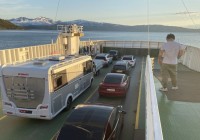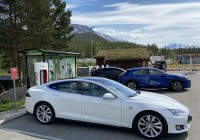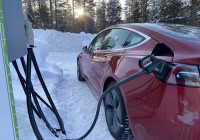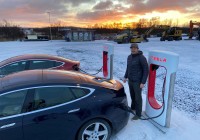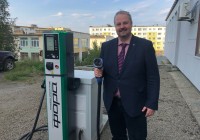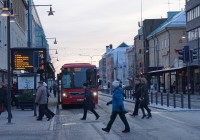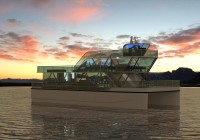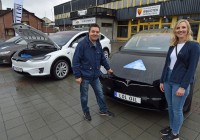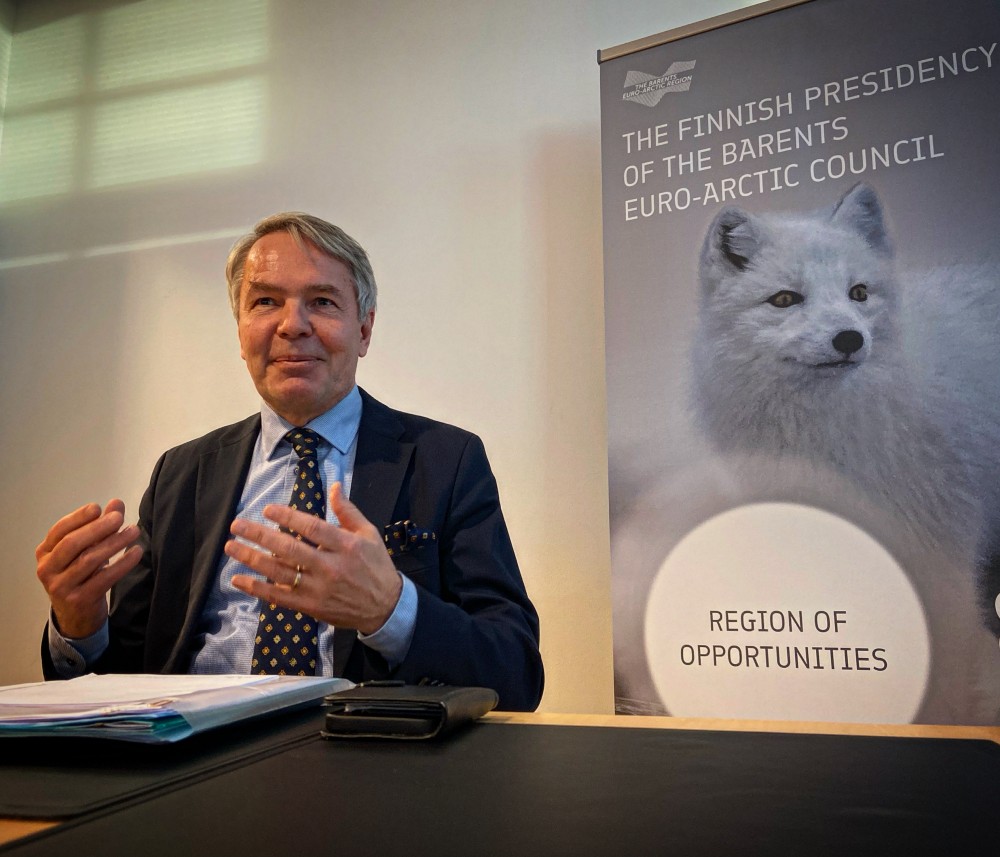
Foreign Minister calls for better supercharger network in remote north
ADVERTISEMENT
Driving long distances in mid-winter freeze could be a challenge, especially in the northern parts of Finland where the charger network is far less developed compared with neighboring Sweden and Norway.
In northwest Russia, also part of the Barents cooperation, is chargers and electric vehicles as such nearly nonexistent.
In an interview with the Barents Observer after presenting Finland’s Presidency program for the Barents Euro-Arctic Council in Rovaniemi last week, Foreign Minister Pekka Haavisto elaborates on the urgent need for better infrastructure for battery-powered cars.
“A global transition towards sustainable transportation requires that appropriate infrastructure, such as electric vehicle charging, is available also in areas with low population densities and long distances,” Haavisto says.
The Minister assures that he will use the coming two years, as chair of the Barents Council, to prepare an initiative on how to catalyze the use of electric vehicles in the Barents area.
“The density of electric vehicle chargers, especially fast- and superchargers, remains proportionally low in the Barents region. We are trying to use our presidency to raise awareness of the situation and to look for practical solutions,” he explains.
Pekka Haavisto represents the Greens and has previously been Minister of Environment in Paavo Lipponen’s government in the late 1990ties.
ADVERTISEMENT
In Lapland, Finland’s northernmost region, there are currently only three semi-fast chargers for electric cars; two in Sodankylä and one in Levi. A fourth will be installed in Ivalo by next spring. Tesla has a SuperCharger in Karesuvanto, but that one is only for the American automaker’s own vehicles.
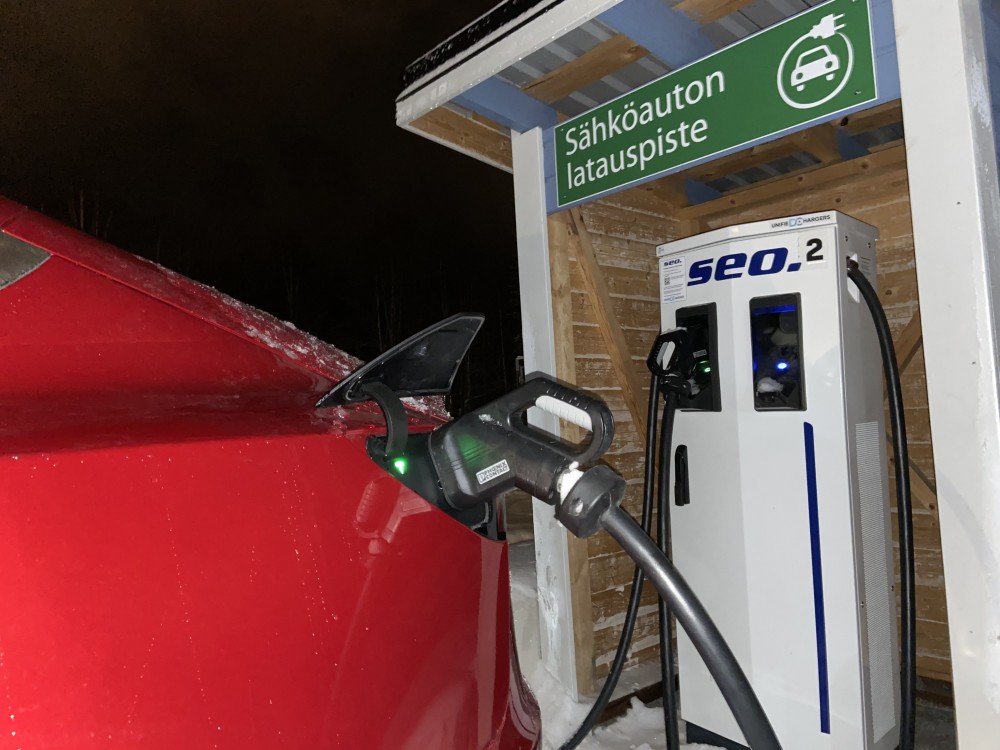
“We are trying to use our presidency to raise awareness of the situation and to look for practical solutions. We need to develop connectivity in the way that it is environmentally sustainable and remove the barriers of remoteness,” Haavisto says.
While Finland has been behind its Nordic neighbors in sale of electric vehicles (EV), an unprecedented change came this summer, as fully electric cars outnumbered diesel cars for the first time In the new-cars sale statistic.
However, petrol cars are expected to continue their market dominance in Finland in the coming years, unlike in Norway where 8 out of 10 new cars nowadays sold are EVs.
Wakeup call
“I think the Barents Council could give this kind of wakeup call to all northern areas and this is also based on the developing battery technology and car technology. We already have cars with a range of 500 kilometers per charging and if we look ten years ahead the vehicle’s technology is developing,” Haavisto says.
In freezing cold and with snow-covered roads, the range of an electric vehicle is far shorter compared with summer climate in more southern regions.
The Foreign Minister admits that the Barents cooperation as such does not have financial muscles to pay for establishing a stronger network of fast chargers, but he calls on the regional authorities to contribute.
“Regional governments, municipalities and private sector can do the implementation of this kind of ideas, but I think it is time for the whole region to have a wake-up call on this issue,” Pekka Haavisto suggests.
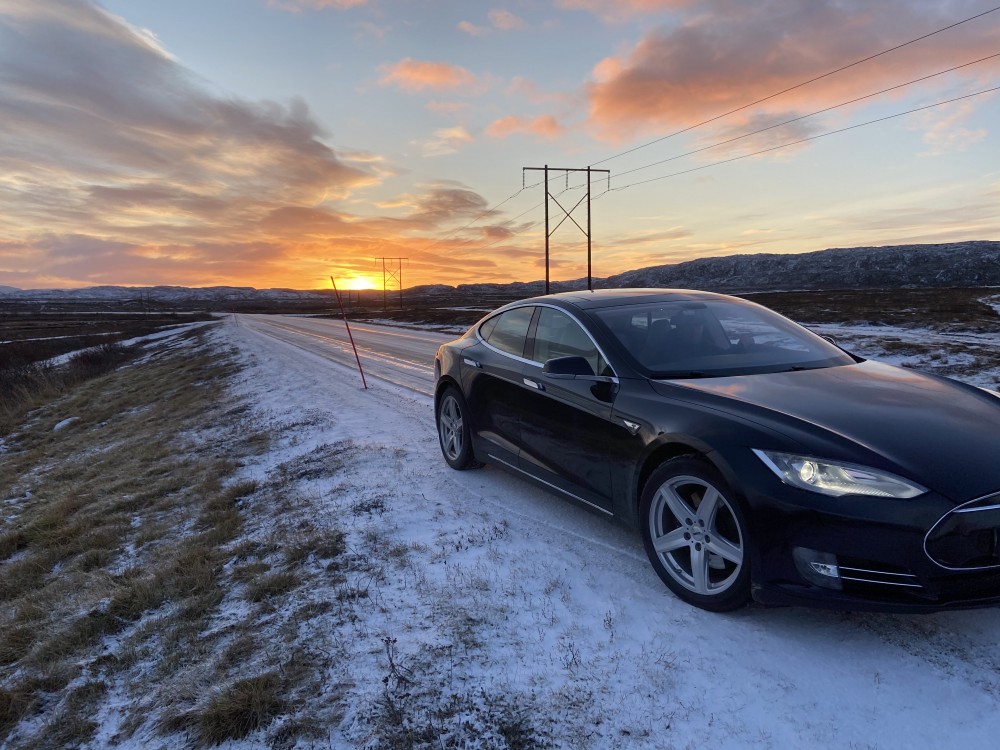
The minister says he knows that also on Russia’s Kola Peninsula, the question on how to give a boost to electric vehicles and establishment of charger infrastructure are being discussed.
“This is a very good sign,” Haavisto states.
The end of combustion engines is soon to come globally. In Europe, both the EU and many countries for themselves, have targeted the time between 2025 and 2035 as the final end to sales of petrol- and diesel cars.

ADVERTISEMENT
The Barents Observer Newsletter
After confirming you're a real person, you can write your email below and we include you to the subscription list.



